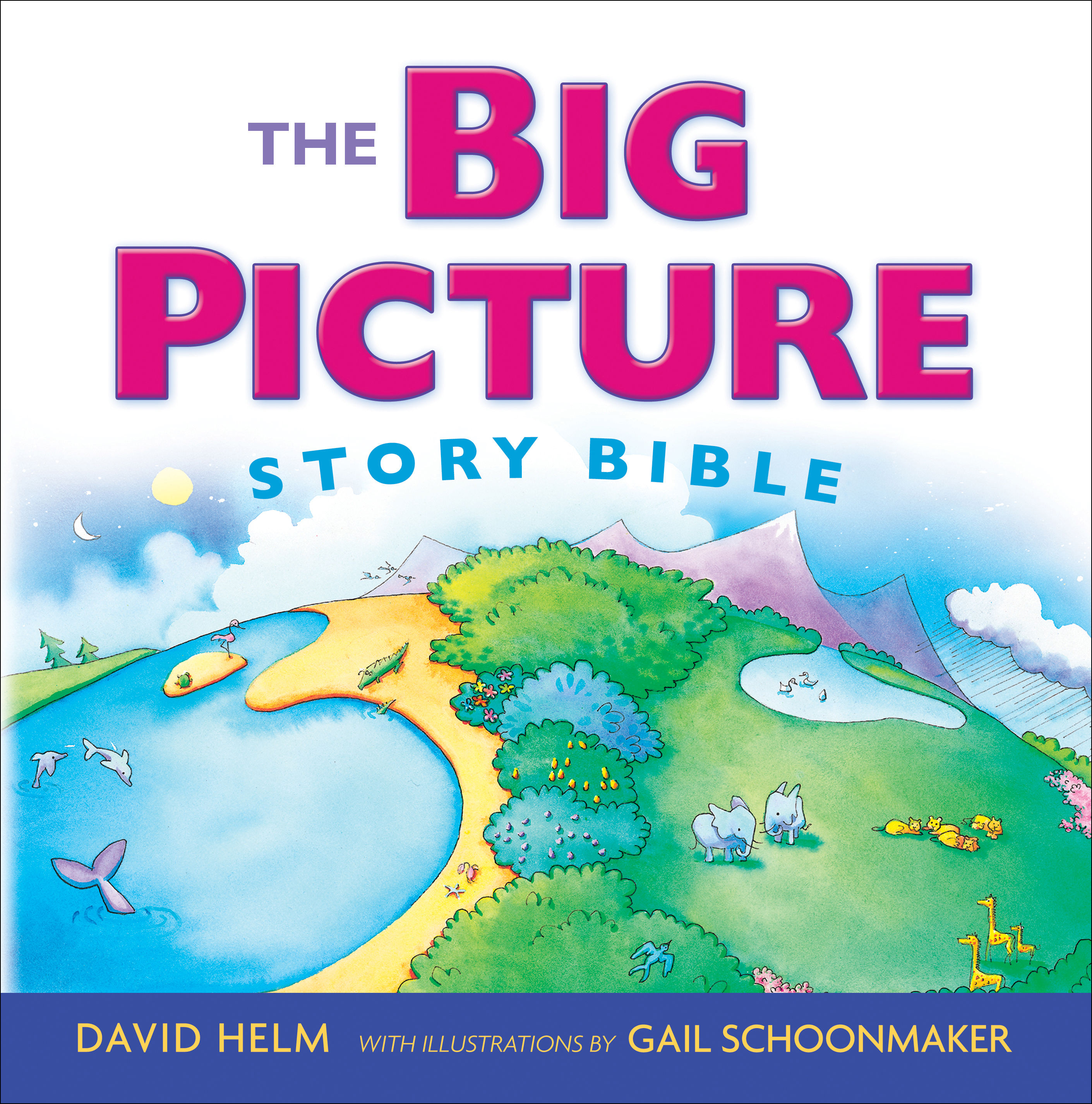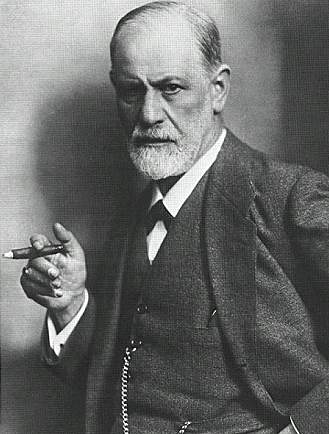I confess: I watch American Idol. And it is extremely entertaining for me. I did not, however, see the “Idol Gives Back” episode Wednesday but learned Thursday that the Idol crew sang an evangelical favorite, “Shout to the Lord.” Admittedly, I was a bit bumfuzzled. What are we to make of this? I know that it strikes a chord with folks when a bouncing or swaying Gospel choir sings spiritual-sounding songs. But this seemed different. This song clearly establishes the Lordship of Christ and seems more explicit than many other spiritual favorites that have enjoyed the big stage. And this song is relatively new, unlike “Amazing Grace” (a wonderful hymn), which often gets a hearing at these types of events.
I think Vincent Miller’s
Consuming Religion might shed some light on this enigma. For Miller, commodification is the end result of a consumer culture. Those enveloped in consumption tend to commodify things. For example, Miller would say that when we buy a banana we do not see the banana in its context. To us, the thing seems to have fallen from the sky and magically landed on the appropriate aisle of the grocery store. We fail to realize the rich web of events that got that banana to the store, that is, the environment, politics, and the very lives that gave us this banana. In other words, the banana has been abstracted from its embeddedness in a wider, more complex context. That is what Miller means by commodification. The interpretative habits that we acquire from this culture of consumption tend to spill over into other spheres, like religion—which is Miller’s primary concern.
I think our tendency to commodify things is what made “Shout to the Lord” work on Idol. It is a moving song, never mind what the song is actually saying. That does not matter. What matters is that the lighting was right, the music was moving, the choir swaying, the Idols’ arms locked, and millions of goose bumps where rising. We wanted a feeling, a moment. Like good consumers, many of the viewers (and performers) that night readily dislodged the song from its theological roots and commodified it in order to spawn a feeling. It was reappropriated a million different ways by a million different hearers. This, of course, has always been a temptation. It is only heightened in our consumption-oriented culture.
What is frightening is the ease with which a worshipful setting was created at Idol. It did not take belief in Jesus to spawn what appeared to be worshippers of Jesus. Applied to the Church, we must be careful that we are truly worshipping the Lord Jesus and not one of the myriad of competing idols.
Note: I recently learned that the song was edited to make it less Christocentric. See also Josh Harris' post on the subject.


 Sounds like the Seattle Sonics are coming to OKC. Great news for Okies who do not currently have a pro-team, but proved they could support one when the exiled Hornets came to town.
Sounds like the Seattle Sonics are coming to OKC. Great news for Okies who do not currently have a pro-team, but proved they could support one when the exiled Hornets came to town.





